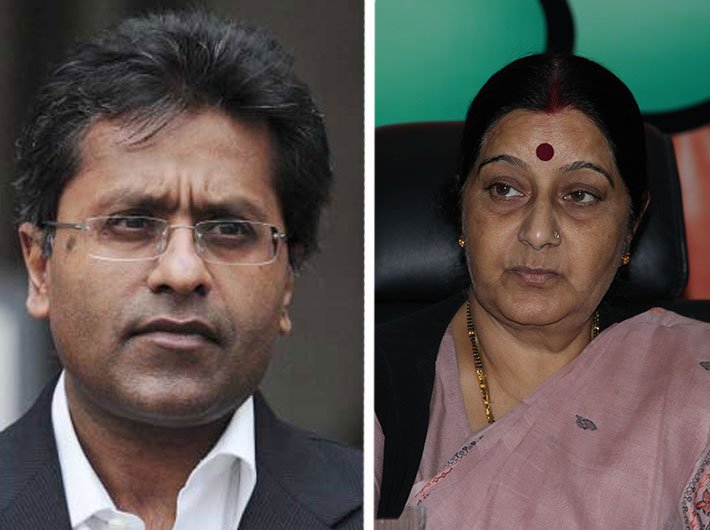In one of his critical essays on the crime stories of the early 19th century, George Orwell was fascinated by a character. AJ Raffles, a gentleman thief, featured in a collection of short stories titled ‘The Amateur Cracksman’, by EW Hornung. In characteristic Orwellian humour, he wrote that Raffles’ association with cricket and the prestigious MCC was a perfectly plausible disguise to conceal his crimes.
In describing Raffles, Orwell wrote, “...certain things are ‘not done’ and the idea of doing them hardly arises. Raffles will not, for example, abuse hospitality. He will commit a burglary in a house where he is staying as guest but the victim must be a fellow guest and not the host. He will not commit murder and he avoids violence wherever possible and prefers to carry out his robberies unarmed. He regards friendship as sacred and chivalrous though not moral in his relations with women”. Raffles’ character appeared in late Victorian Great Britain and evoked a tremendous response.
Read more: After tweets it’s turn of RTI silence that will hurt Sushma Swaraj
Lalit Modi would give the fictional Raffles a run for his money. All that an enterprising novelist needs to do is uncover the plots of his escapades and the crimes surrounding the world’s most powerful cricket body, the board of control for cricket in India (BCCI), which occupies the place that once belonged to the MCC. The comparison ends right there, however. Raffles tried to redeem his prestige by enlisting for the Boer war and was killed in battle. Modi found a safe haven in Great Britain and has been hopping on chartered flights all over Europe. He lives life kingsize, and faces no threat of being brought to justice, couched in the safety his benefactors provide not only in India but also in the UK.
The sordid saga of Lalit Modi and the BCCI reads like a crime thriller. The Indian government has enough evidence to show how the BCCI’s rival factions hacked each other’s email accounts. Tired of this virtual cloak-and-dagger, the board decided about a year ago to hire a professional service to protect its sites and its flow of information. It turns out this was done on the suspicion that information shared among office bearers of the board was finding its way to Lalit Modi. The anti-Modi lobby is believed to have taken a counter-measure, hacked his email account and found explosive material about his links with Sushma Swaraj and her husband Swaraj Kaushal.
The BCCI is dominated by powerful politicians like Arun Jaitley and Sharad Pawar. The expose about Swaraj precipitated a full-scale war, in which Lalit Modi came out with further damning revelations about his one-time mentor, Rajasthan chief minister Vasundhara Raje.
Lalit Modi owed his career in cricket to Raje, though he fell out of favour subsequently. Raje gave a written testimony to the UK authorities in favour of Modi to facilitate his stay in the UK. Raje’s son, Dushyant, is the beneficiary of Lalit Modi’s munificence. Lalit Modi purchased his company’s shares at exorbitant rates in a quid pro quo.
The BJP seems deeply mired in the murky business of cricket. Like in Victorian Great Britain, where the aristocracy controlled the games and propped up lackeys like Raffles, politicians in democratic India effectively monopolise the game. Pawar, Jaitley, Anurag Thakur and Rajeev Shukla appear more interested in the high-stakes shenanigans of the BCCI than any other issues. Everybody has propped up his own Raffles to partake in their ill-gotten wealth.
Sushma Swaraj’s indiscretion is indefensible by any standard. In the past, ministers for external affairs K Natwar Singh and Madhavsinh Solanki lost their jobs and even their political careers on charges far less serious. It is entirely plausible that the prime minister chose to stand by Sushma Swaraj to avert a major crisis; the Lalit Modi connection threatens to engulf Raje, too. Swaraj’s action smacks of impropriety, not criminality. Given her relatively non-controversial political career, her indiscretion deserved a serious reprimand, at best. There must be an acknowledgement, at least, of the error she committed. That appears highly unlikely.
The Swarajs and the Rajes belong to the exclusive club of the ruling political aristocracy. Like the fictional Raffles, Lalit Modi, with all his cockiness, belongs to the “cohorts of the damned” for not living up to the standard of this clique. Orwell said cricket is a “game full of forlorn hopes and sudden dramatic changes of fortunes, and its rules are so defined that their interpretation is partly an ethical business”. How prophetic was the author of ‘The Animal Farm’ in projecting our cricket-politics dystopia!



